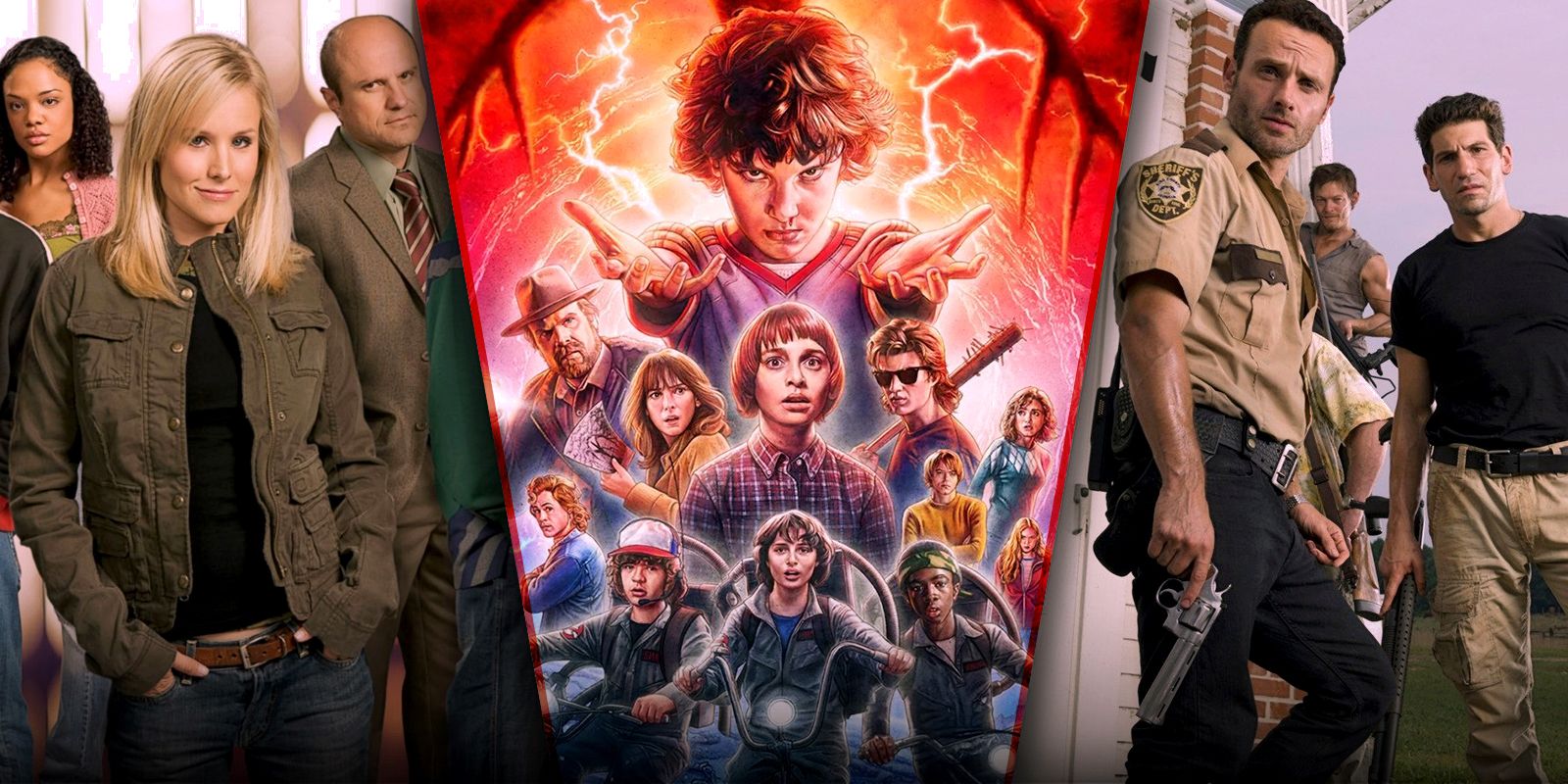
Certain TV series exhibit remarkable growth between their first and second seasons, becoming more complex, engaging, and intense. For some shows, the second season represents their creative peak as well as the start of their decline. This could be due to internal conflicts, diminishing creativity, or misguided artistic choices that resulted in their finest hour in Season 2, followed by a less impressive performance afterwards.
Frequently, a decline in standard may lead to disillusionment among fans. Even shows that significantly influence popular culture can get tangled up in complex plotlines, inconsistent character choices, or sudden changes in tone. Occasionally, it’s due to a significant cast member or showrunner leaving. At other times, it’s simply the show running beyond its initial concept.
Stranger Things Ends With the Upcoming Season 5
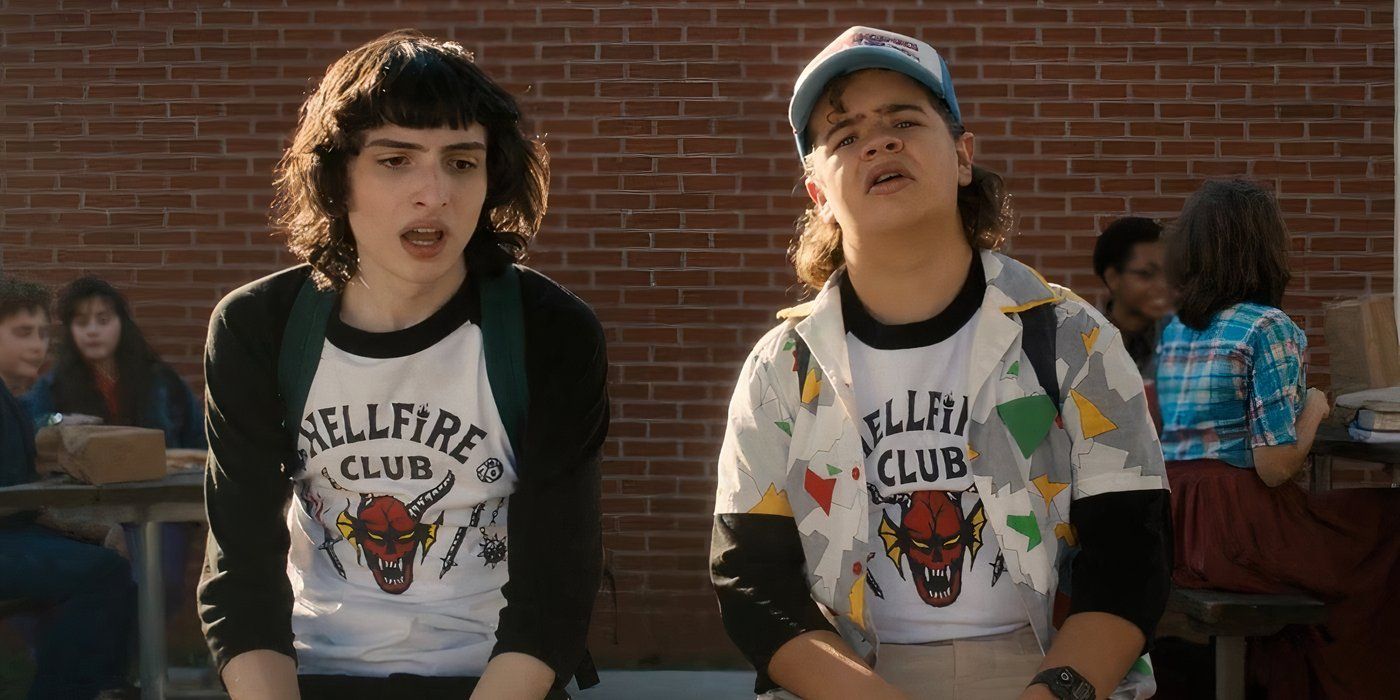
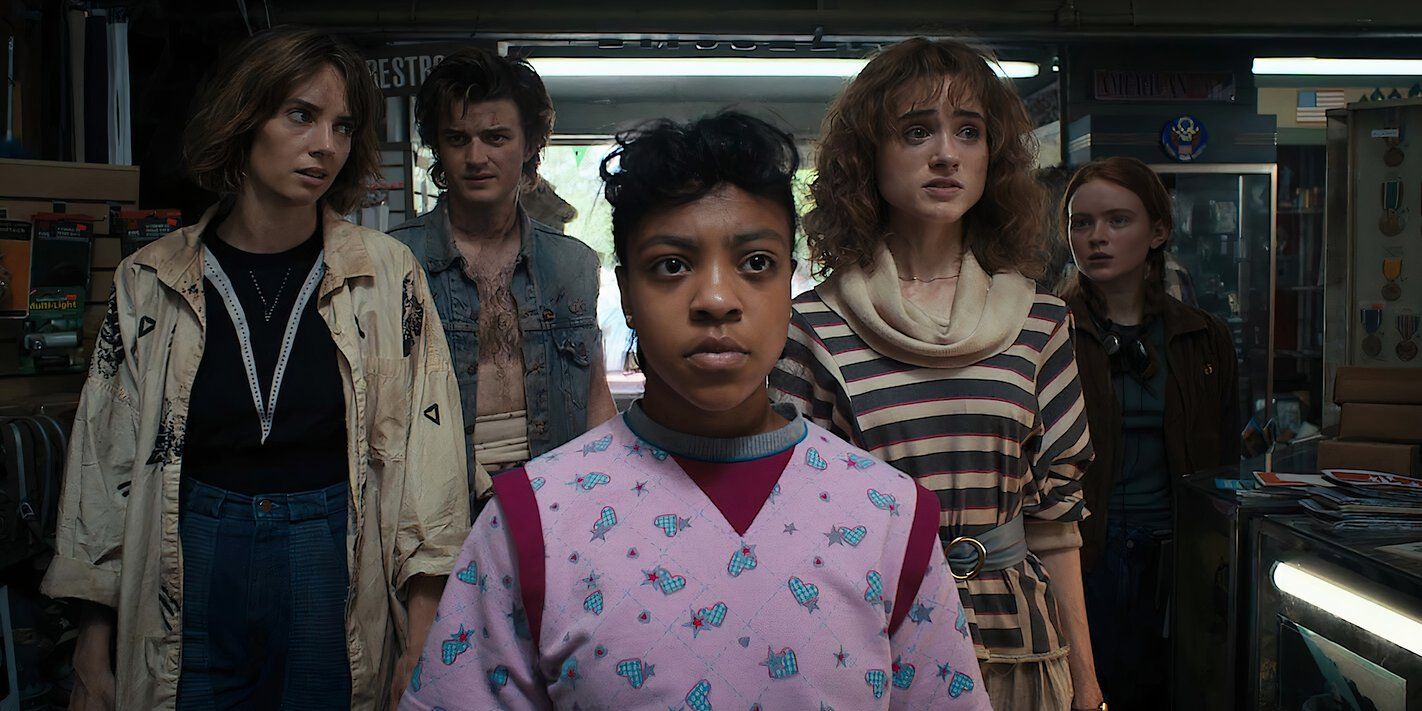
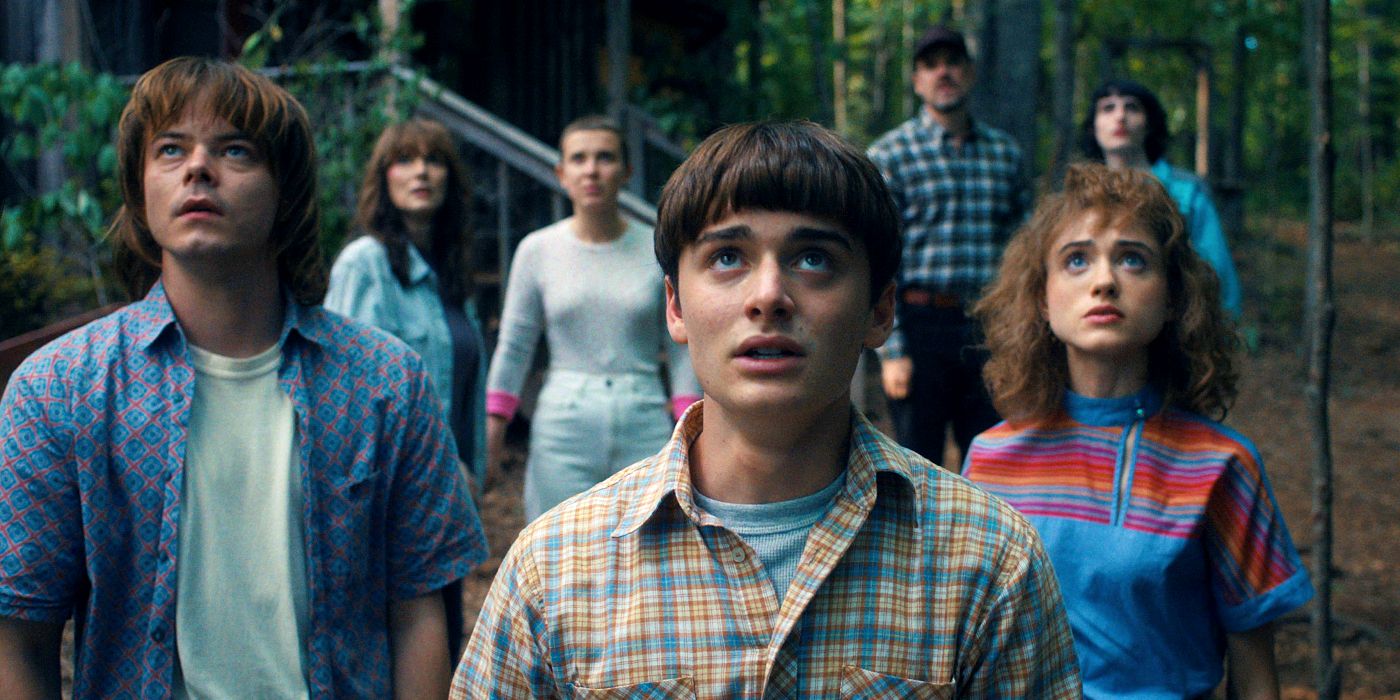
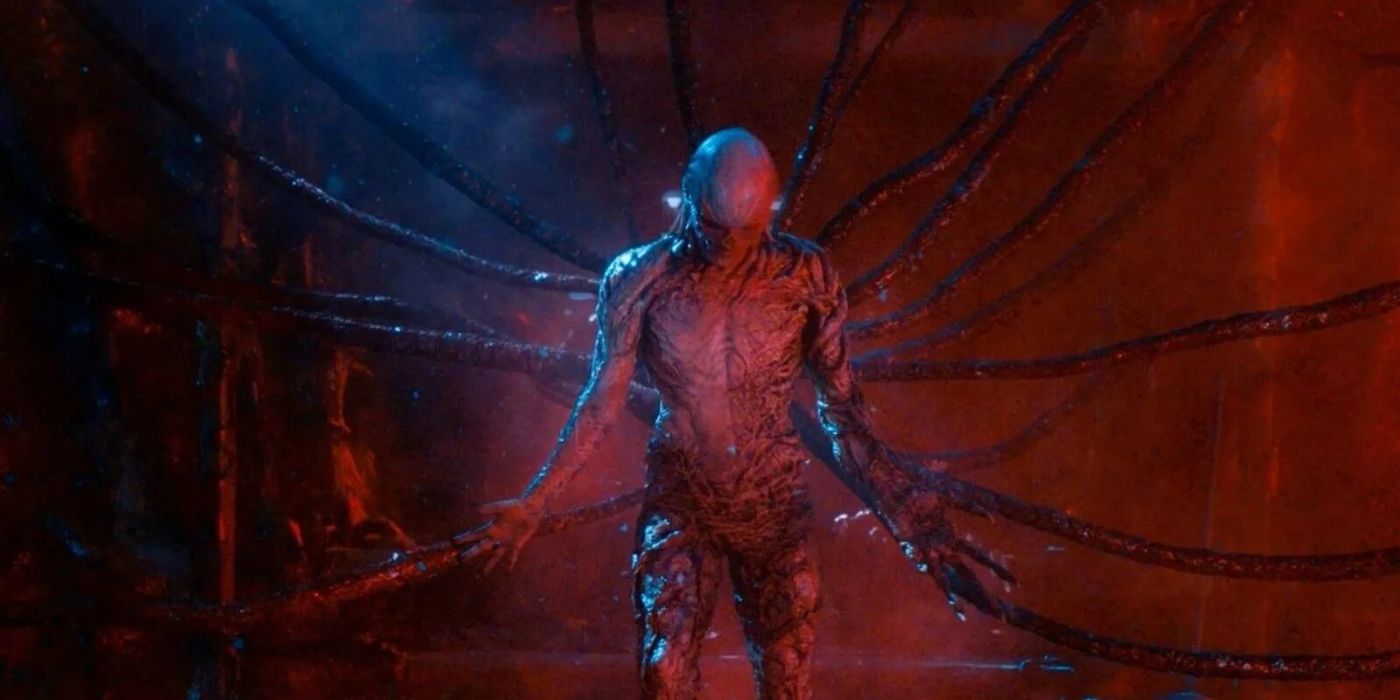
In Season 2, we see characters developing, the tension rises, and the lore of the Upside Down becomes more complex. The narrative flow is well-managed, blending supernatural terror with personal character developments. But as the story progresses into Seasons 3 and 4, it starts to struggle under its grand aspirations. The number of main characters increases significantly, and the style veers towards excessive spectacle instead of maintaining a balance.
Despite enhancements in production quality, the storytelling in Stranger Things feels disjointed. The emotional depth is overshadowed by inconsistent actions, and character growth slows down as plotlines become predictable. The complex atmosphere transforms into a mix of nostalgia and high-octane action sequences. Although it remains popular, the show loses the personal touch and novelty that were key to its initial success.
Heroes Ran for 4 Seasons
This series captivates viewers with its down-to-earth take on superpowers and complex storytelling through an extensive cast of characters. Despite being impacted by a writers’ strike during Season 2, it continues to develop its central concept. New characters are introduced, and the plot expands globally. However, starting from Season 3, the show begins to falter. Characters often change allegiances without explanation, and the storylines become progressively complex, leading to a loss of focus in the narrative.
In simpler terms, both beloved characters Hiro (Masi Oka) and Sylar (Zachary Quinto) are let down by inconsistent storylines in the show “Heroes Reborn”. The time travel aspects become confusing and disorganized. Although “Heroes Reborn” attempts to clarify some plot points, the confusion has already taken hold. Unfortunately, despite being a fan favorite, the emotional depth and suspense of the first two seasons of “Heroes” is not maintained in later seasons.
The Walking Dead Ran for 11 Seasons
In Season 2 of “The Walking Dead,” the narrative carries a tangible emotional intensity. The pace slows as it delves into the group’s sorrow, apprehension, and ethical quandaries. Rick and Shane’s disagreement serves as the core theme, culminating in a finale that is both startling and heartrending. It’s a narrative that encourages viewers to care about more than just the undead. However, after this powerful season, the series seems to lose momentum.
Each new season brings a fresh setting, an antagonist, and a novel predicament, yet the pattern seems repetitive. Characters’ developments are drastic or absent, and significant scenes appear contrived. A show that once focused on survival and human spirit now appears geared towards maintaining its franchise. Over time, it strays from the subtle, impactful storytelling that used to define its greatness.
Westworld Ran for 3 Seasons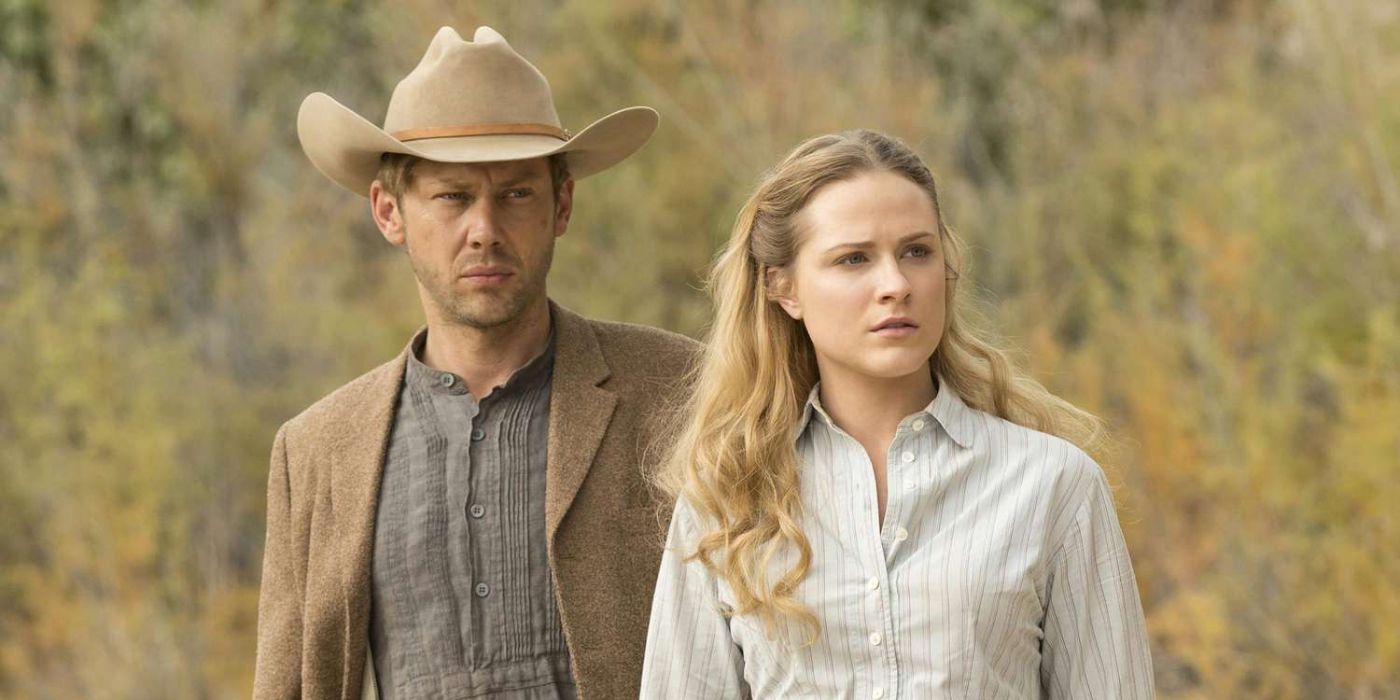
To ponder topics like identity, recollection, and the essence of awareness, characters such as Dolores (Evan Rachel Wood), Bernard (Jeffrey Wright), and Maeve (Thandiwe Newton) grapple with profound, emotional issues. The narrative is complex yet grounded by character development and recurring themes. However, when Season 3 comes along, the show seems to have lost its heart. It swaps intrigue and symbolism for fast-paced action and excessive explanation.
By Season 4, even loyal fans start losing interest, as emotions wane, characters seem detached, and the narrative becomes confusing. Despite its visual appeal, it becomes challenging to engage emotionally. The profound themes get obscured by complex turns, and the story struggles to regain its footing. In an attempt to broaden its universe, Westworld loses sight of what initially drew viewers in.
True Detective Ran for 4 Seasons
The second installment of True Detective departs from its original version, striving instead to carve out a unique identity for itself. It’s raw, enigmatic, and bold, featuring broken characters in a dismal California noir landscape. While it doesn’t always hit the mark, there’s a certain admiration in how boldly it tries to deliver. After receiving mixed reviews initially, the series eventually returns to a more familiar approach.
Initially, Season 3 of True Detective seems overly repetitive. It presents another gloomy detective, another case of a missing child, and another complex timeline. The daring spirit that characterized the earlier seasons appears to have vanished. However, Night Country attempts to revitalize the series with panache, but fails to rekindle the mystery. Essentially, what began as a bold, dynamic anthology series becomes more about mimicking its own past glory. True Detective shines brightest when it’s unafraid to take risks, including messy ones.
Killing Eve Ran for 4 Seasons
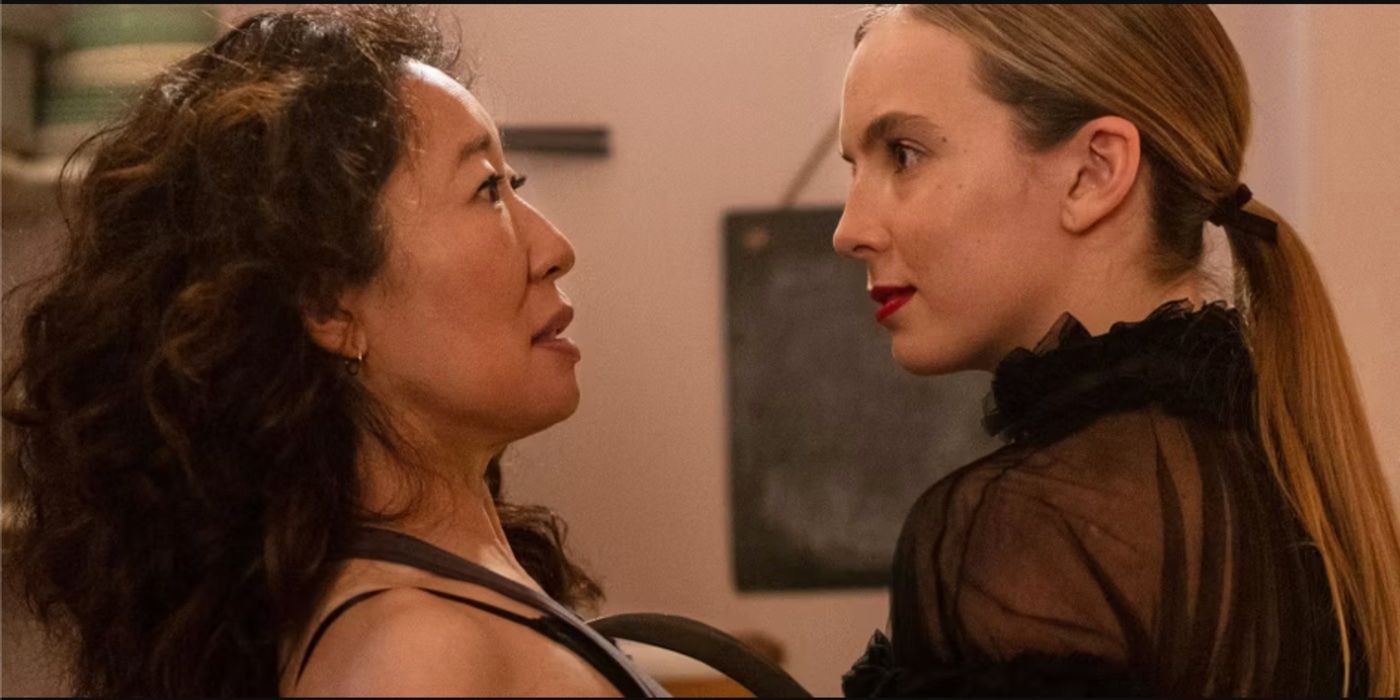
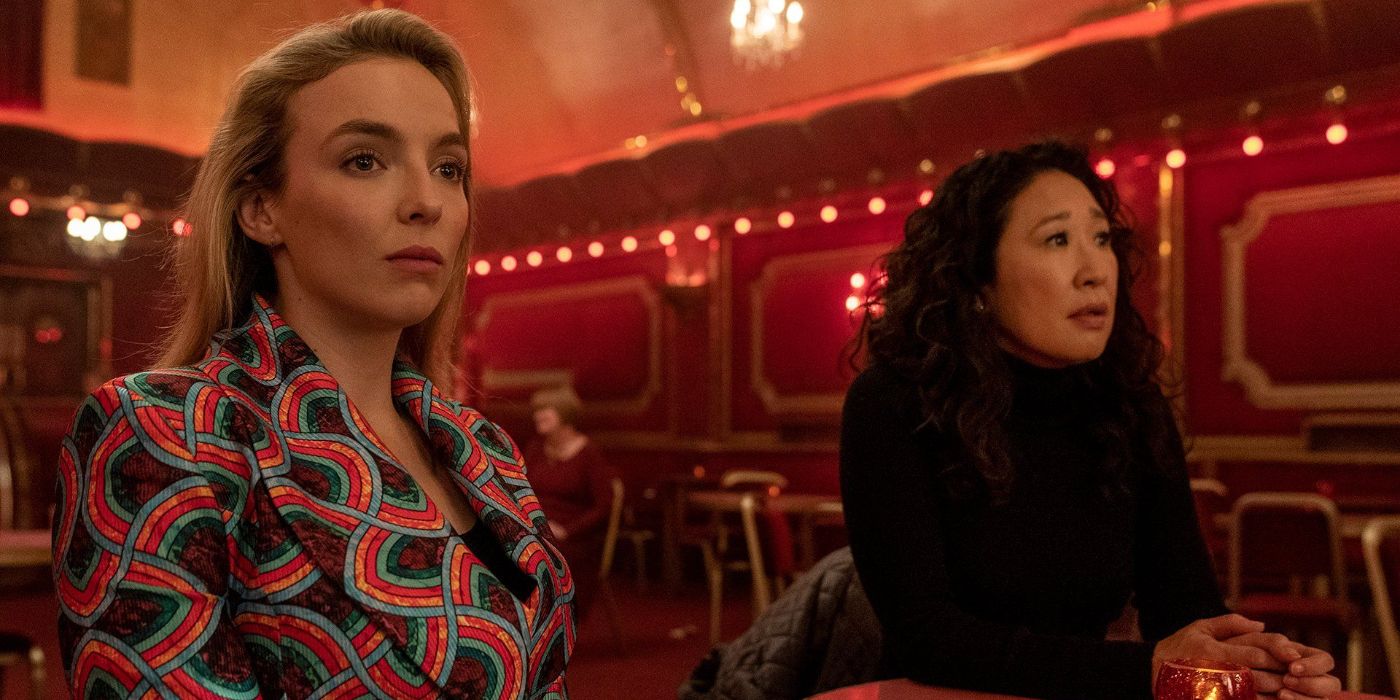
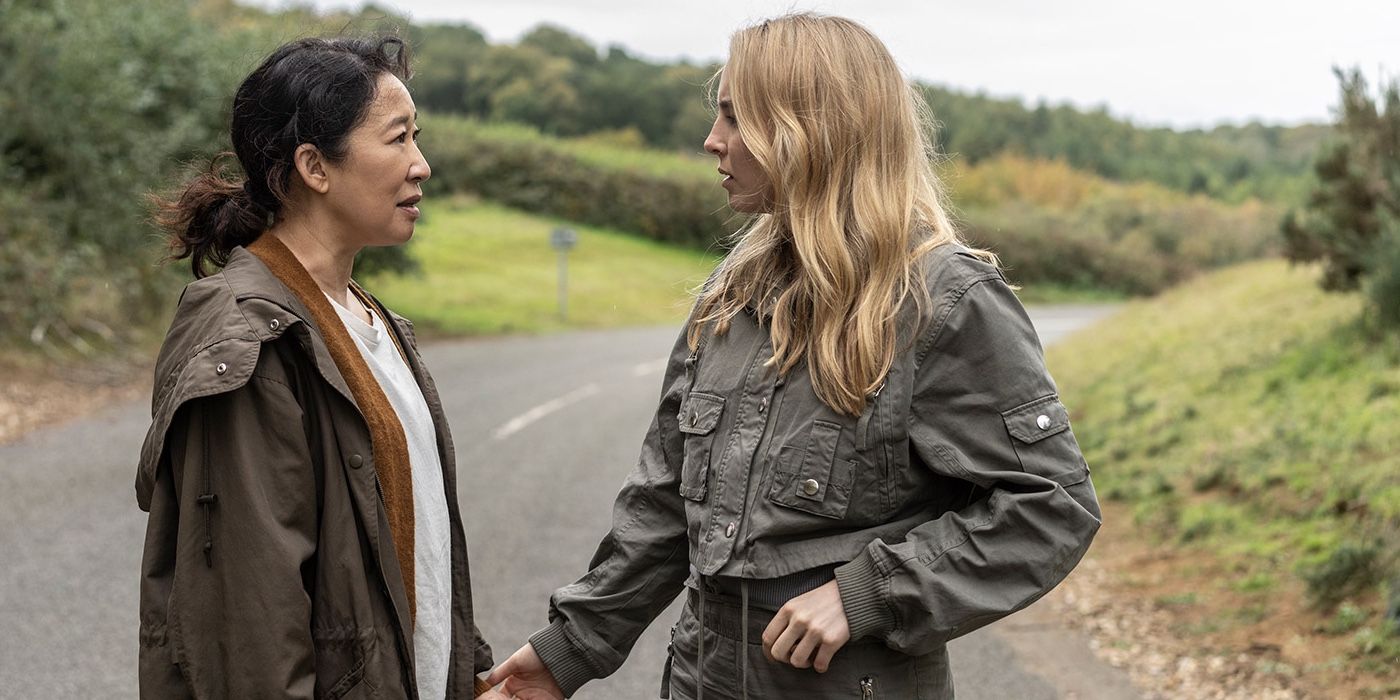
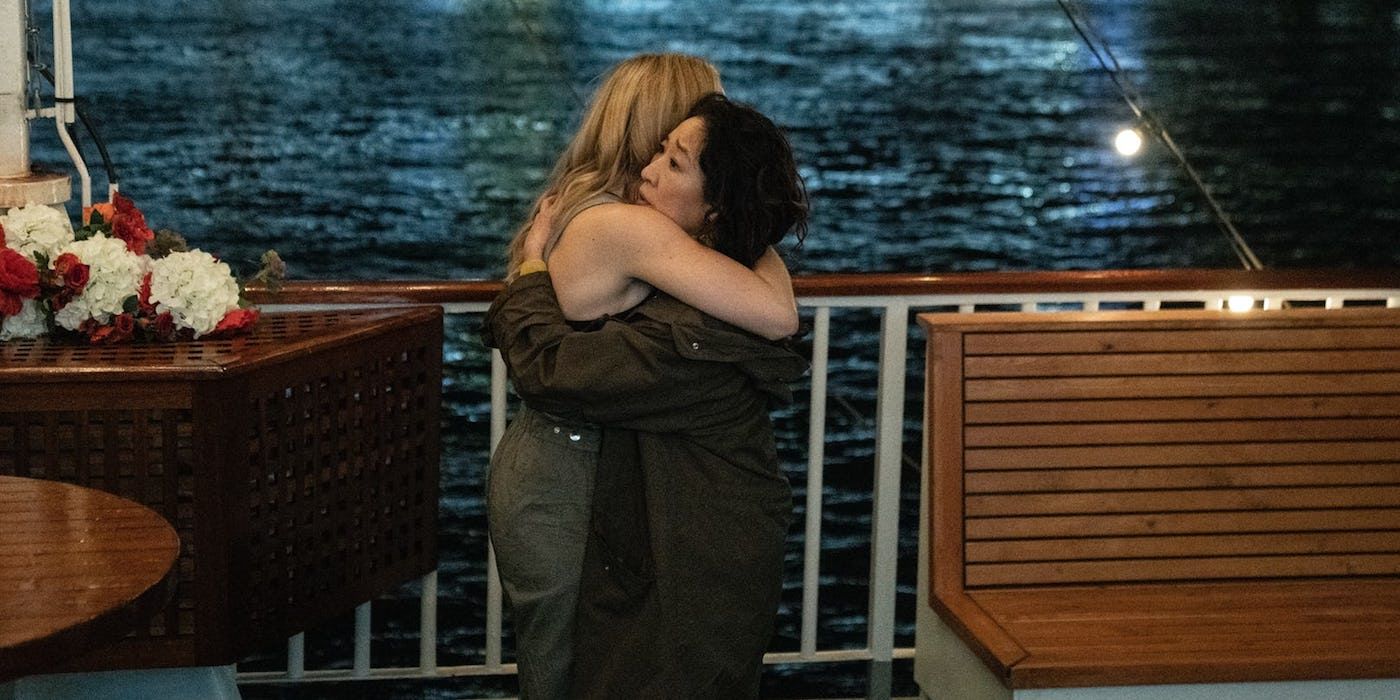
In the second season of Killing Eve, tension and style reign supreme as the game between Eve (Sandra Oh) and Villanelle (Jodie Comer) grows even more intricate. The interaction between these two is electric, and the script deftly combines dark wit, deep emotion, and spy-world excitement in a captivating blend. However, subsequent seasons veer towards melodrama, causing the storyline to lose some of its initial crispness and impact. Villanelle’s persona becomes increasingly unpredictable, while Eve’s journey seems less rooted in reality.
As the storylines become increasingly complex and less satisfying, and the emotional moments seem contrived, it’s clear that the show has lost its original charm by the final season. What once set it apart – its unexpected twists, tender connections, and graceful portrayal of central relationships – now seems to have been forgotten. Fans who were once captivated find themselves questioning how such an engaging series could deteriorate so rapidly.
Dexter Ran for 8 Seasons
In its second season, the series reaches its zenith. Character Dexter (played by Michael C. Hall) finds himself under scrutiny for his role as the Bay Harbor Butcher, causing an intense atmosphere that’s hard to bear. His internal struggles, dual identity, and warped moral compass are all laid bare. It is clever, tense, and unexpectedly moving. However, instead of escalating from this high point, the show opts for sensationalism. With each new season, a fresh “villain” emerges, but the storylines grow less convincing and far-fetched.
In my opinion as a movie critic, the intricate layers of Dexter’s character gradually diminish, replaced by repetitive soliloquies and less-than-polished storytelling. By the time the final episode rolls out, viewers are boiling with anger. Even Dexter: New Blood, which attempts to rectify the situation, only partially makes amends. The once gripping character study transforms into a warning about the perils of overextending a brilliant idea beyond its sell-by date.
Mr. Robot Ran for 4 Seasons
Moving into the main character’s fragmented mind in the second season, the narrative takes a turn towards the abstract, unpredictable, and brave. It can be hard to grasp, but that’s the intention – it provokes viewers to ponder reality. The show pushes boundaries by making us question the real world while delving into topics like monitoring, profit-driven systems, and selfhood with sharp wit and insight. Rami Malek delivers a remarkable performance, and the visuals are nothing short of breathtaking.
Over time, the complexities accumulate within the series. Certain twists are captivating while others seem overdone. Characters either vanish or are not fully utilized, and the narrative struggles under the weight of its grandeur. Nevertheless, there are instances where the final episode evokes a profound emotional response. Regrettably, the narrative fails to reclaim the pace and coherence it once possessed.
House of Cards Ran for 6 Seasons
In simpler terms, Season 2 of “House of Cards” offers top-notch political suspense. Frank Underwood’s (Kevin Spacey) relentless journey to the presidency is captivating, surprising, and skillfully constructed. Each manipulation seems justified, and every act of betrayal is tantalizingly chilling. The dialogue is crisp, and the acting is mesmerizing. However, after Frank assumes the White House, the series seems to lose momentum.
Initially, it seemed like his strategies were sharp, and the narrative was intriguing, but as seasons passed, things became increasingly implausible. Then, a genuine controversy struck Spacey, causing him to step down from the show. The last season focused on Claire (Robin Wright), which had potential for empowerment, yet the script faltered. The mood was inconsistent, and the ending lacked depth, feeling hurried and disappointing. House of Cards started off strong, but its downfall was swift and tumultuous.
Veronica Mars Ran for 4 Seasons
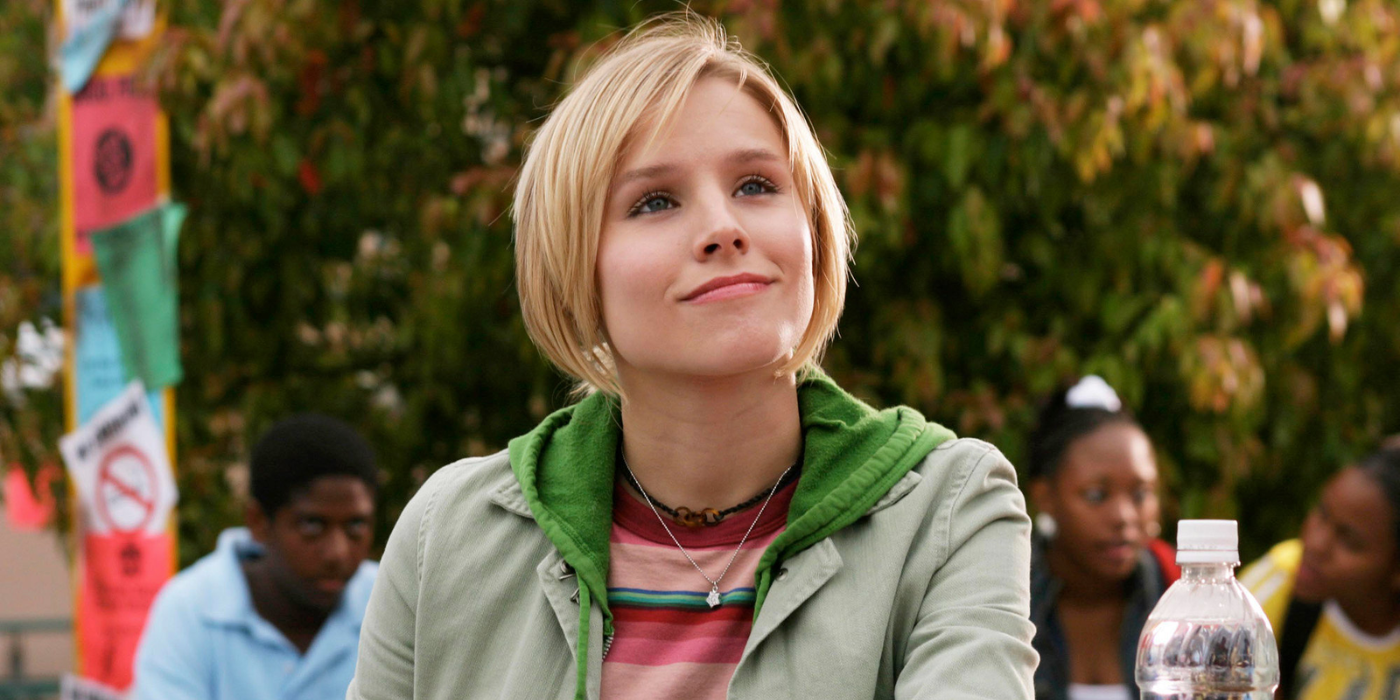
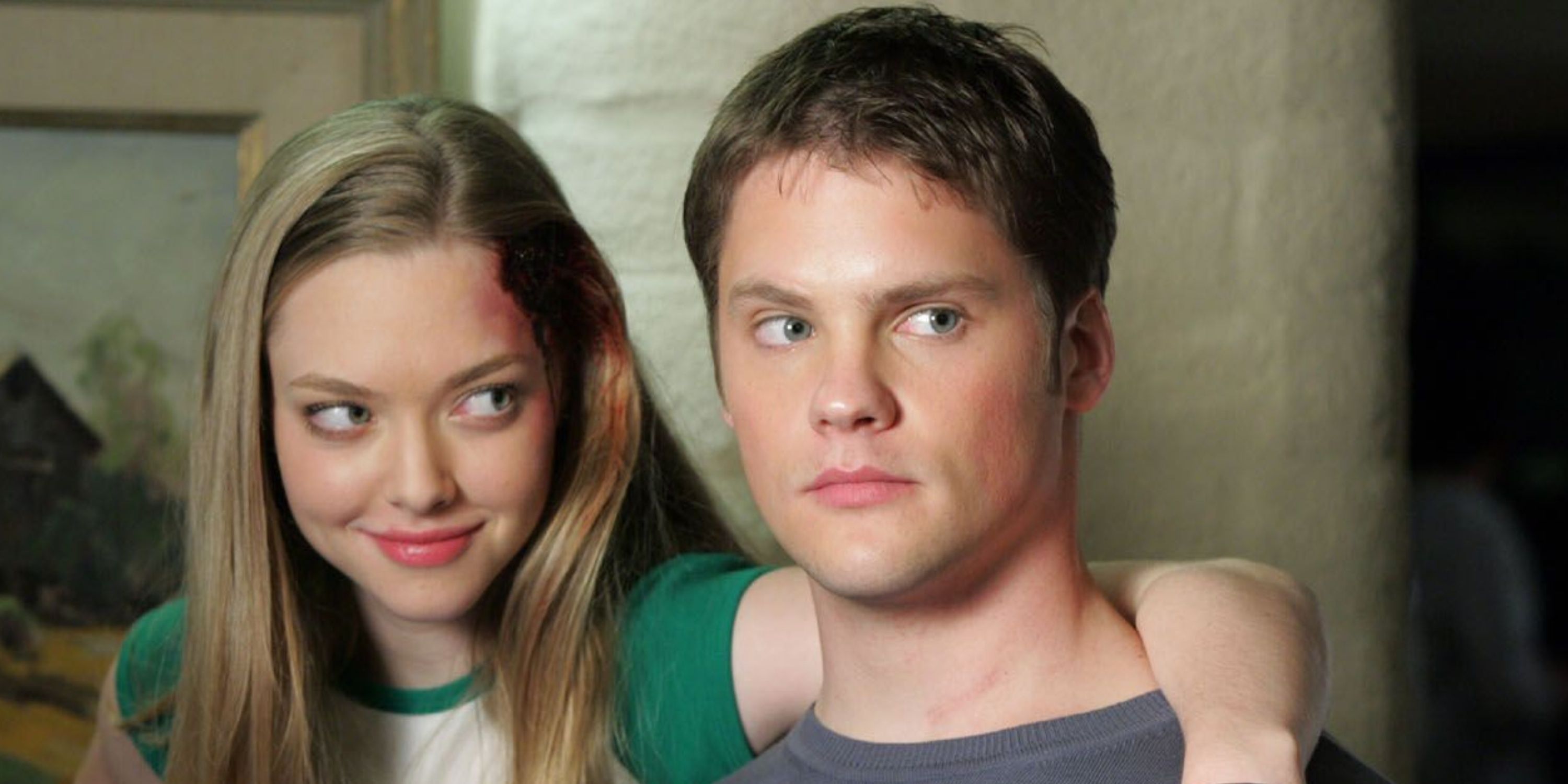
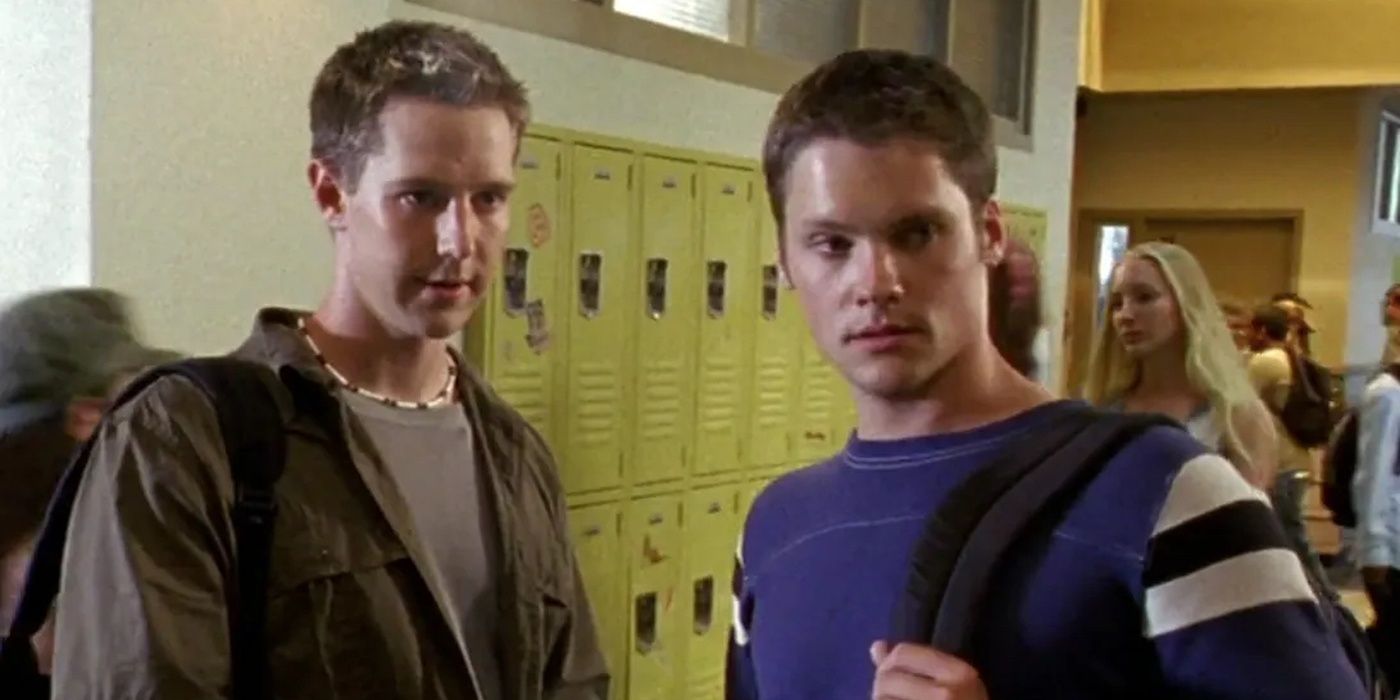
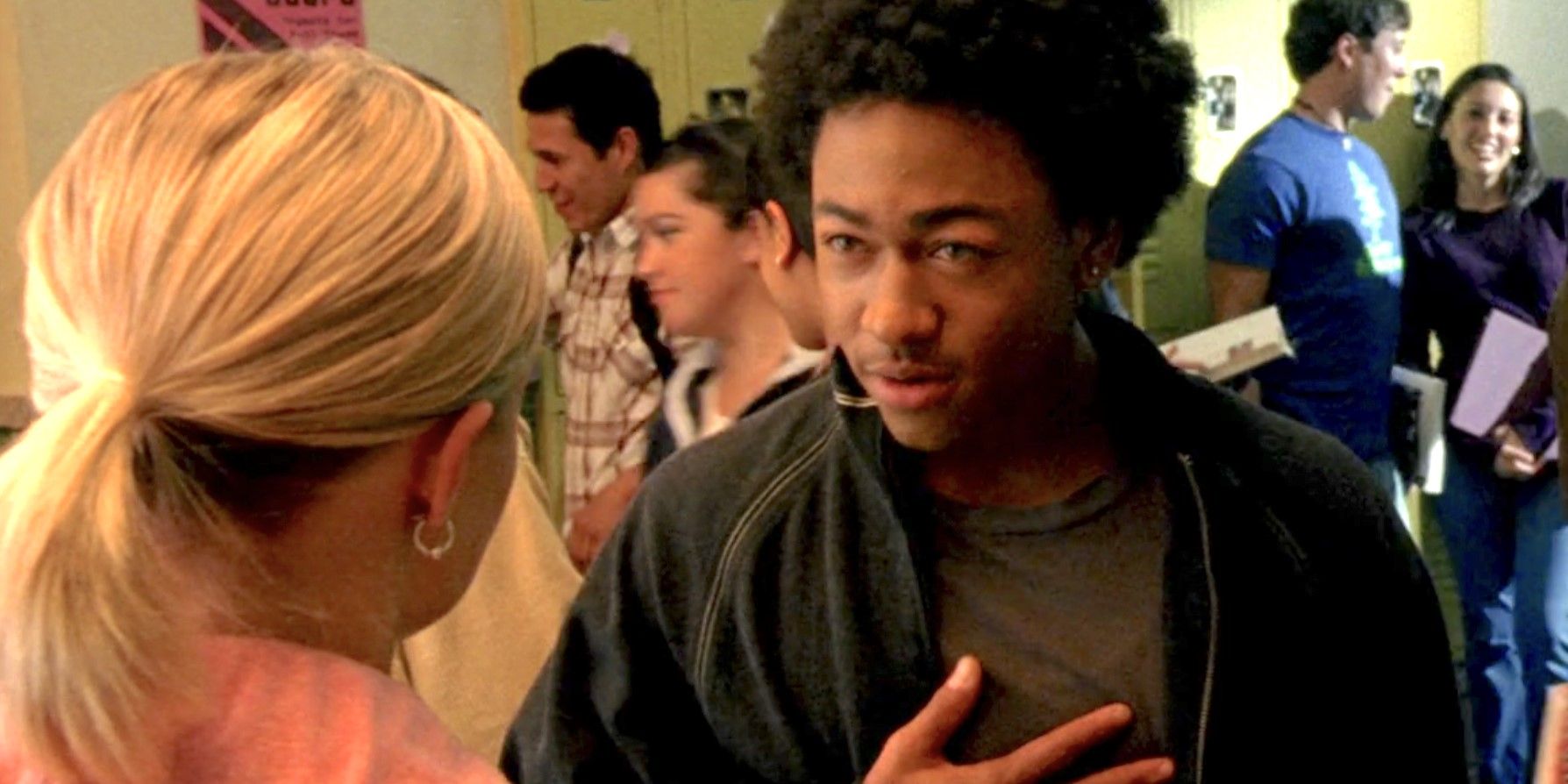
In the second season of Veronica Mars, fans will find all the elements they adore about the series. It offers a complex mystery, sharp humor, and a protagonist who is both intelligent and emotionally fragile. The plot is deeply personal, the twists are well-developed, and the emotional intensity leaves a lasting impact. However, in Veronica Mars Season 3, there’s a transition towards a more case-of-the-week format, which results in a slight loss of narrative drive. The mysteries appear less significant, and the overall tone can be inconsistent at times.
Afterward, the remade movie, funded through crowdfunding and revived on Hulu, attempts to recapture the enchantment, but something seems amiss. The warmth and essence that characterized the initial series seem diminished. Established characters behave inconsistently, and crucial choices, particularly in the 2019 finale, left longtime fans disenchanted. A show once seen as a symbol of resilience and justice now appears out of tune with its original spirit.
Read More
- The Lowdown on Labubu: What to Know About the Viral Toy
- Street Fighter 6 Game-Key Card on Switch 2 is Considered to be a Digital Copy by Capcom
- We Loved Both of These Classic Sci-Fi Films (But They’re Pretty Much the Same Movie)
- Masters Toronto 2025: Everything You Need to Know
- Mario Kart World Sold More Than 780,000 Physical Copies in Japan in First Three Days
- ‘The budget card to beat right now’ — Radeon RX 9060 XT reviews are in, and it looks like a win for AMD
- Valorant Champions 2025: Paris Set to Host Esports’ Premier Event Across Two Iconic Venues
- Karate Kid: Legends Hits Important Global Box Office Milestone, Showing Promise Despite 59% RT Score
- Microsoft Has Essentially Cancelled Development of its Own Xbox Handheld – Rumour
- There is no Forza Horizon 6 this year, but Phil Spencer did tease it for the Xbox 25th anniversary in 2026
2025-05-28 04:23